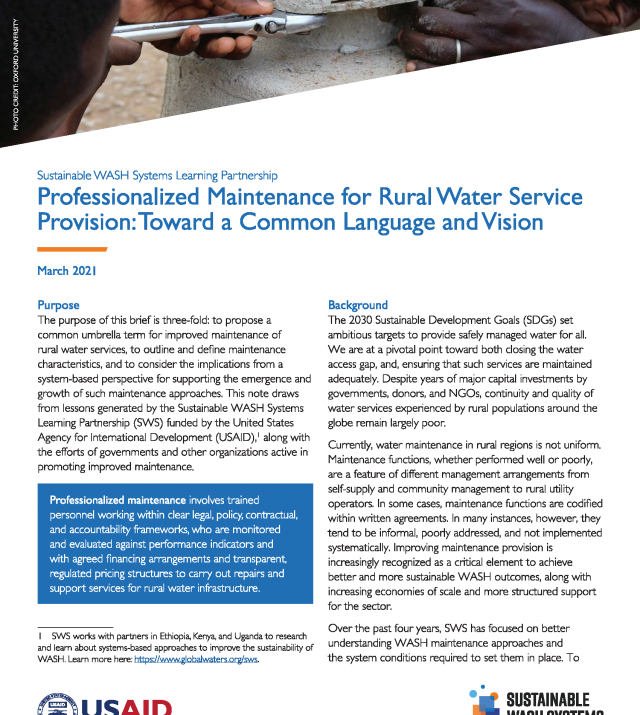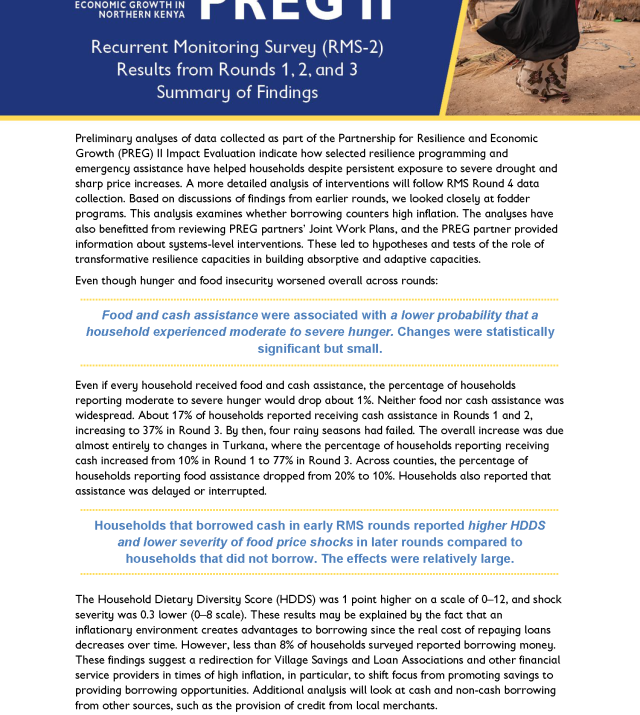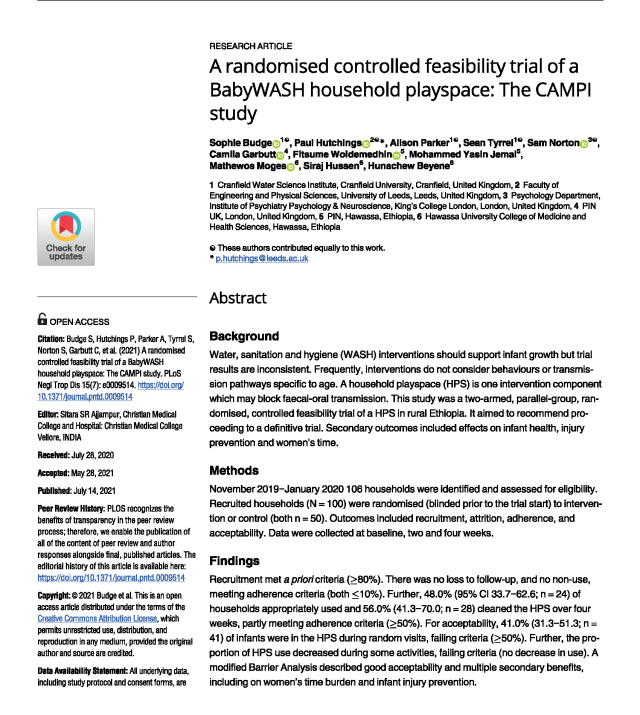
Triggering Hope in an Environment of Dependency, Disincentives and Despair
Presenters: Susan Wachira, Senior Psychologist, Psychosocial Support Center-Open Space; Mara Russell, Practice Manager: Food Security and Livelihoods, Land O’Lakes International Development; Moderator: Tom Davis, TOPS Social & Behavior Change (SBC) Senior Specialist
During this session, participants learned how fatalism, learned helplessness, depression, and aspirations failure are connected to food security outcomes. The session began with a brainstorm about why some individuals take advantage of opportunities when a program is available and others do not. Participants also discussed possible reasons people might not respond to opportunities that can help them leave poverty. This led to a discussion about fatalism, learned helplessness, depression, and aspirations failure can prevent people from believing they can change their situation and take advantage of opportunities that may help them leave poverty.
Presenters addressed the role of depression in health and nutritional status. Depression is high among women in developing countries (15-57% in a recent meta-analysis), and higher in women exposed to gender-based violence. Depression has been found to have an impact on children’s nutritional status. Infants of mothers with depression are 40% more likely to be stunted or underweight.[1] Characteristics of households that were more resilient were also presented using findings in the study, Beyond Fatalism: An Empirical Exploration of Self-Efficacy and Aspirations Failure in Ethiopia. An important form of personal resilience was the belief that things could be improved through one’s own hard work (rather than luck). Recent findings on “learned optimism” and the effect of explanatory style on depression were also discussed.
Susan then presented a strategy called Interpersonal Psychotherapy for Groups (IPT-G). IPT-G is a culturally-sensitive, community approach to dealing with mental illness that has been used by several PVOs in Africa.[2] It is a time-limited psychotherapy that lasts 16-20 weeks in order to treat major depression at the community level by non-professionals. It links symptoms to the events that triggered the depression. The therapy is led by counselors that are from the community and is conducted in a group setting.
The session closed with a discussion of what food security implementers have done in their programs to address fatalism, learned helplessness, depression, and aspirations failure, and activities that could be scaled up to address these issues in order to improve food security outcomes.
Way Forward: Participants made recommendations in the following areas:
Research/Evidence Base
Begin to implement formative research to identify “triggers”
More research is needed on the benefits on integrating mental health into programs.
Knowledge Sharing
Need to set up documentation systems for program learning/case stories, including examples of improved outcomes of programs that are integrating mental health.
Advocacy for government and NGOs for recognition of this issue is important.
Program Design
Better detection of depression in program beneficiaries is needed.
Donor Policy and Practice
Have donors prioritize mental health in food security programming – need more explicit and purposeful psychosocial programming, including incorporating mental health into gender programming.
[1] See http://www.who.int/bulletin/volumes/89/8/11-088187/en/
[2] See http://bjp.rcpsych.org/content/188/6/567.full

